
Endangered Species and Nova Scotia (overhead)

Endangered species are living things threatened with extinction - the dying off of all organisms of their kind. Today, human are the biggest threat to other mammals. Humans have caused a rapid decline in the number of mammals in the wild for various reasons, including hunting, trading, and destruction of habitats.
Wildlife biologists use three main classifications for a species that faces possible extinction:
Endangered - these species face the most serious threat of extinction. Their survival is dependent upon direct human protection.
Threatened - these species are still numerous in some areas, but still face serious dangers and are under great threat.
Rare - these species are not declining, but have small populations in a few protected environments.

There are thousands of species of plants and animals in our province. This great variety of living things is called BIODIVERSITY. We need biodiversity to have a healthy planet because species depend on each other to survive. Plants make their own food using the sun's energy through a process called photosynthesis. Animals live by eating plants or by eating animals who eat plants. These feeding relationships are called FOOD WEBS. If someone harms one animal in a web, then all the other members of the web are in trouble too.
Extinct animals are gone from the earth forever. There are species becoming extinct in the world every day. The beginning of the 21st century has 1 million fewer species that the beginning of the 20th century.
Species at risk in Nova Scotia are sorted into three groups. Plants and animals in the SPECIAL CONCERN group are not doing as well as they should be. Something about their health or habitat worries scientists and they are on their way to becoming threatened. Species in the THREATENED group have serious problems. If the harmful things affecting them are not changed, they will become endangered. ENDANGERED plants and animals are in the most trouble. Unless they get some serious help, they'll become extinct.
What puts species in such danger? Usually a few harmful forces act together. Most of these forces come from humans, either on purpose or by accident. Sometimes people over-hunt or over-fish for food or money. Some animal eggs, pelts and rare plants are valuable and are taken even when protected by law! People disturb animal HABITATS (homes) by building roads and buildings. For fuel, humans cut down trees, and build mines, dams, oil rigs and pipelines. Humans also add pollution and litter to the natural world. Disease and natural disasters like flood and fires can also make life difficult for some wildlife.
|
Nova Scotian Animals and Plants in Peril |
|||
| Endangered | Threatened | Special Concern | Worry |
| Animals: Moose (mammal) Atlantic Whitefish (fish) Canada Lynx (mammal) American Marten (bird) Blanding's Turtle (reptile) Piping Plover (bird) Roseate Tern (bird) Harlequin Duck (bird) |
Animals: Eastern Ribbonsnake (reptile) Peregrine Falcon (bird) |
Animals: Wood Turtle (reptile) Bicknell's Thrush (bird) |
Animals: Gasp Shrew (mammal) Right Whale (mammal) Southern Flying Squirrel (mammal) Savannah Sparrow (bird) Short-eared Owl (bird) Atlantic Salmon (fish) |
| Plants: Boreal Felt Lichen Water Pennywort Plymouth Gentian Pink Coreopsis Eastern Mountain Avens Thread-leaved Sundew |
Plants: Golden Crest Redroot Tubercled Spikerush |
Plants: Sweet Pepperbush New Jersey Rush Long's Bulrush |
Plants: Eastern Lilaeopsis |
| Plymouth Gentian | Pink Coreopsis | Eastern Mt Avens | Water-Pennywort | Thread-leaf fundew |
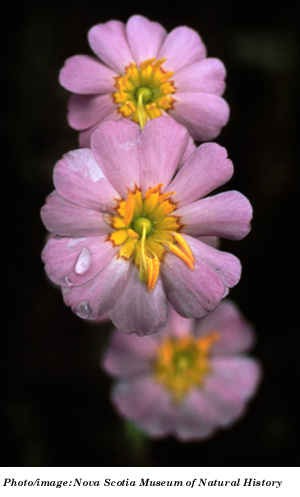 |
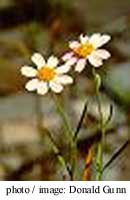 |
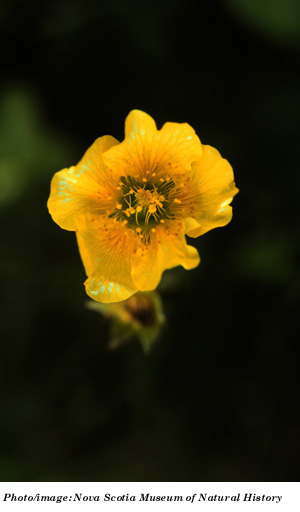 |
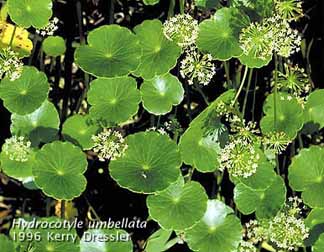 |
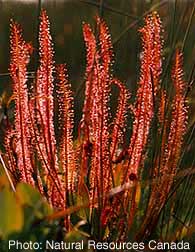 |
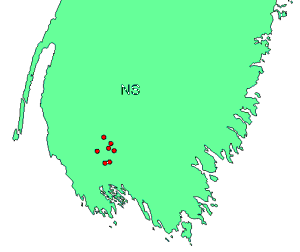 |
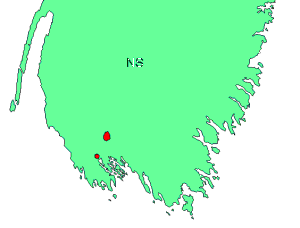 |
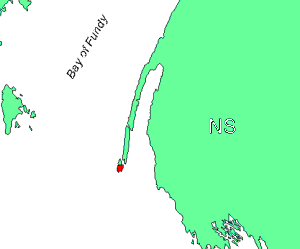 |
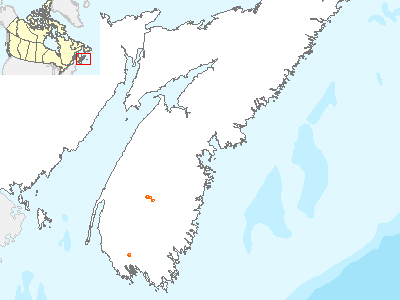 |
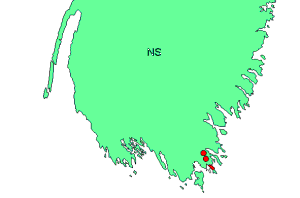 |
| Piping Plover | Atlantic Whitefish | Blanding's Turtle | Roseate Tern | |
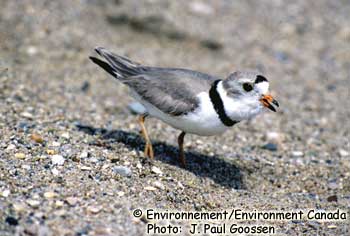 |
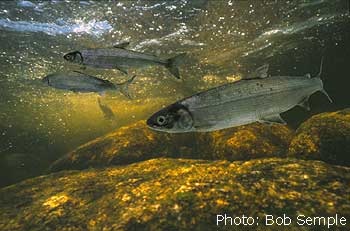 |
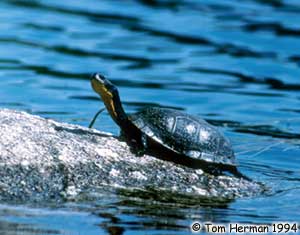 |
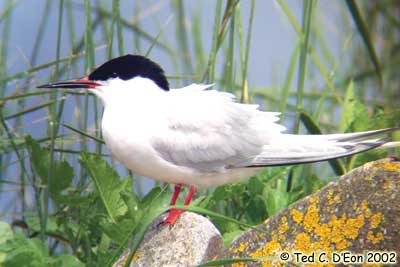 |
|
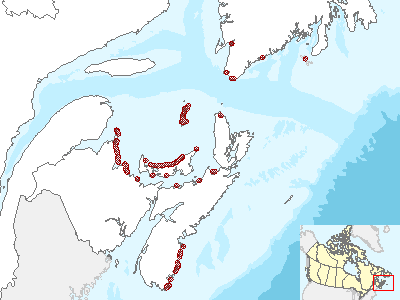 |
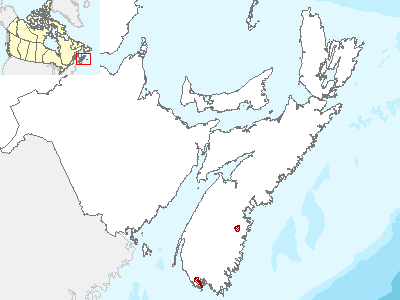 |
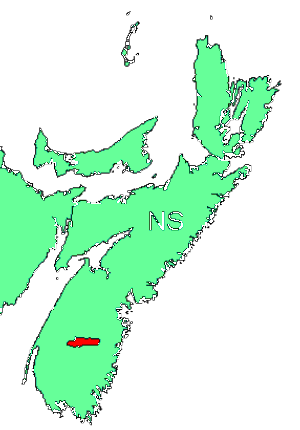 |
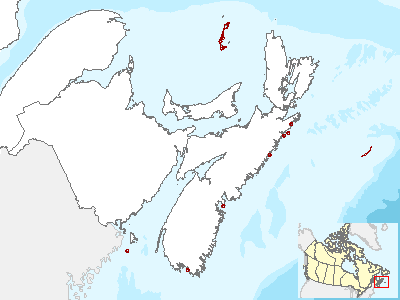 |
Resources: Spotlight on Endangered Animals, The A.R.T. of Animal Recovery, A Search for Answers, Going...Going...Gone? , Cool Coyote's Conservation Crossword, Species at Risk, Anxious Animals and Plants in Peril (handouts)
| www.speciesatrisk.gc.ca | www.gov.ns.ca/natr/wildlife/endngrd | www.sararegistry.gc.ca | |
| www.spacefor species.ca | www.hww.ca | www.cosewic.gc.ca | www.pc.gc.ca/nature/eep~sar/ index_E.asp |
| www.nature.ca | www.cwf~fcf.org | www.cnf.ca | www.wildspecies.ca/home.cfm?lang=e |
| www.ducks.ca/edu/resource.html | www.ontarionature.ogr | www.rom.on.ca/ontario/risk.php | www.wwfcanada.org |
| www.greenspirit.com | "KIDS ONLY"- Canadian Botanical Conservation Network |